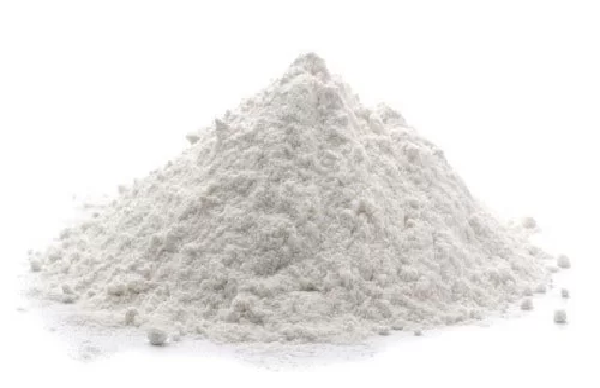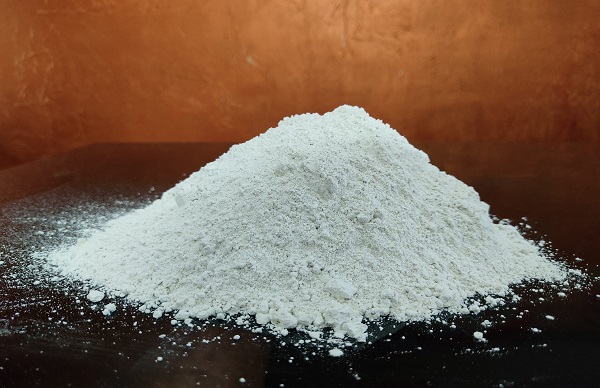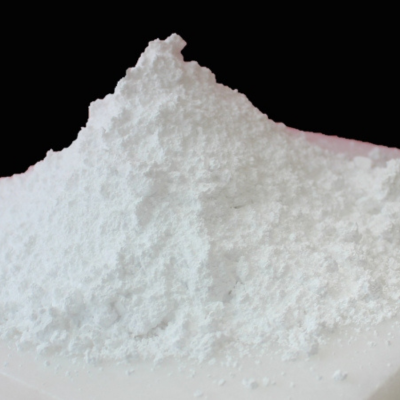
Industries That Rely on Precipitated Calcium Carbonate
October 14, 2024
What are the Uses of Precipitated Calcium Carbonate in Pharmaceutical Industry?
October 16, 2024Precipitated calcium carbonate (PCC) is a versatile and widely used material in various industries, including the food sector. When it comes to polyvinyl chloride (PVC) pipes, PCC plays a significant role in enhancing their properties and functionality, making them a preferred choice for food-related applications. Understanding the uses of PCC in PVC pipes is essential for ensuring food safety, quality, and compliance with industry regulations.
What is Precipitated Calcium Carbonate?
Precipitated calcium carbonate is a pure form of calcium carbonate produced through a controlled chemical process. Unlike naturally occurring calcium carbonate, which can contain impurities, PCC is produced to meet specific purity standards. It is typically derived from limestone and has a fine, white powdery appearance. The controlled production process allows for varying particle sizes and morphologies, making it suitable for diverse applications, including food processing.
Enhancing PVC Pipes with PCC
PVC is a widely used thermoplastic material, particularly in construction and plumbing. It is known for its durability, chemical resistance, and low cost. However, to enhance its mechanical and physical properties, various additives, including precipitated calcium carbonate, are incorporated into PVC formulations.
Improved Mechanical Properties
One of the primary uses of PCC in PVC pipes is to improve their mechanical strength. By adding PCC to PVC formulations, manufacturers can enhance the impact resistance and tensile strength of the pipes. This is especially important in food applications where pipes may be subject to varying temperatures and pressures during processing.
Cost-Effectiveness
Precipitated calcium carbonate serves as a cost-effective filler in PVC pipes. By replacing a portion of the more expensive PVC resin with PCC, manufacturers can reduce production costs while maintaining performance. This cost-saving aspect makes PCC an attractive option for manufacturers looking to optimize their formulations without compromising quality.
Improved Thermal Stability
In food processing, pipes are often exposed to elevated temperatures. PCC enhances the thermal stability of PVC pipes, ensuring they can withstand high-temperature conditions without deforming or losing their structural integrity. This is crucial in applications such as hot water delivery systems or when transporting heated food products.
Enhanced Surface Finish
The addition of PCC improves the surface finish of PVC pipes. A smooth surface is vital in food applications to minimize the risk of bacterial growth and facilitate easy cleaning. The enhanced finish provided by PCC helps to maintain hygienic standards in food processing environments.
UV Resistance
Many PVC pipes are exposed to sunlight, which can cause degradation over time. PCC contributes to the UV resistance of PVC formulations, extending the lifespan of the pipes and ensuring they remain functional in outdoor environments.
Regulatory Compliance
The food industry is subject to stringent regulations regarding materials that come into contact with food products. Precipitated calcium carbonate is considered food-grade and meets the safety standards set by regulatory bodies. This compliance ensures that PVC pipes containing PCC can be safely used in food processing and handling applications.
Applications in the Food Industry
PVC pipes enhanced with precipitated calcium carbonate are commonly used in various food industry applications:
Food Processing Facilities
PVC pipes are integral to food processing plants for transporting liquids, such as water and juices. The enhanced mechanical properties and thermal stability ensure that the pipes can handle the demands of food processing without compromising safety.
Beverage Industry
In the beverage industry, PVC pipes are used for transferring liquids during production and packaging. The smooth surface finish minimizes contamination risks, while the UV resistance ensures that the pipes remain durable over time.
Aquaculture
PCC-enhanced PVC pipes are also used in aquaculture for water circulation systems. The pipes' chemical resistance and structural integrity make them suitable for transporting water in fish farming and aquaponics systems.
Conclusion
Precipitated calcium carbonate plays a crucial role in enhancing the performance and safety of PVC pipes used in the food industry. From improving mechanical properties and thermal stability to ensuring compliance with safety regulations, PCC is an essential additive that contributes to the overall quality of PVC formulations. As the food industry continues to evolve, the demand for reliable and efficient piping systems will grow, making the use of PCC in PVC pipes an integral part of modern food processing. For companies like Sudarshan Group, understanding the benefits of PCC in PVC formulations can lead to improved product offerings and enhanced customer satisfaction in the food sector.



